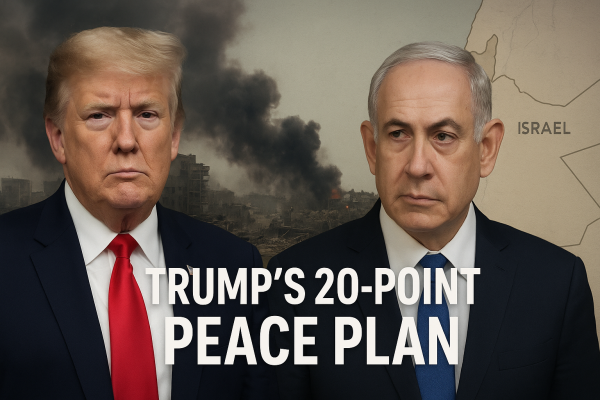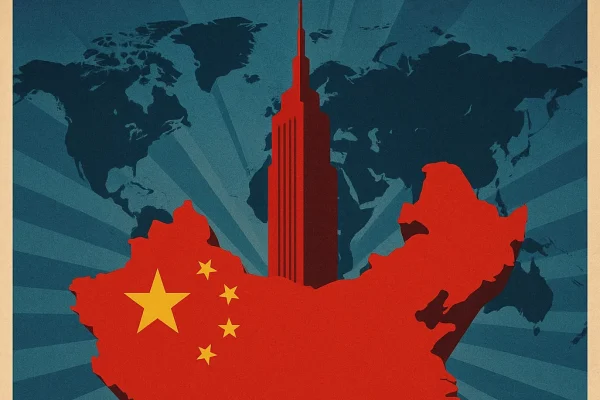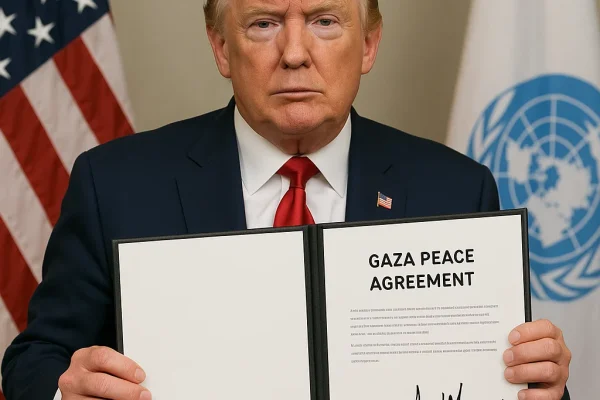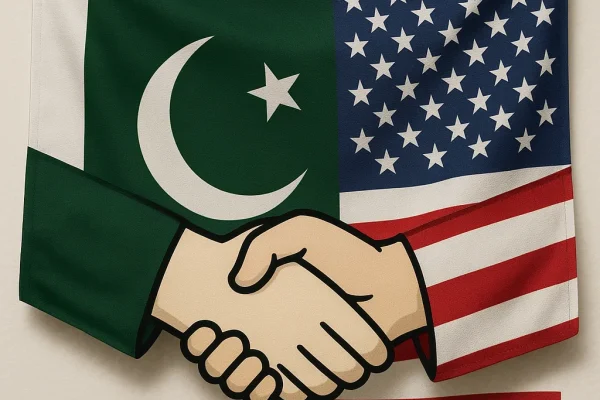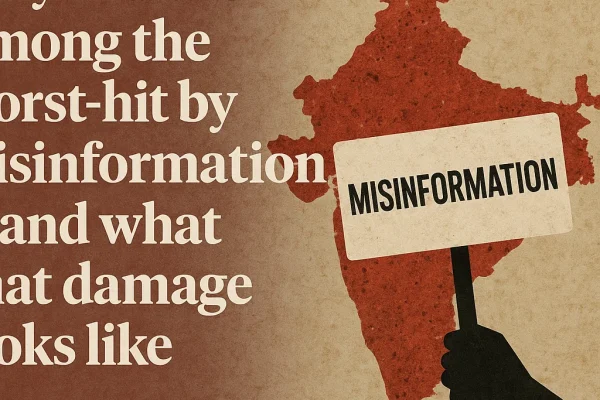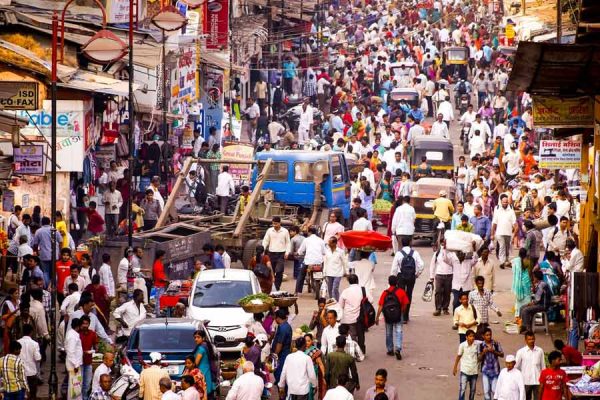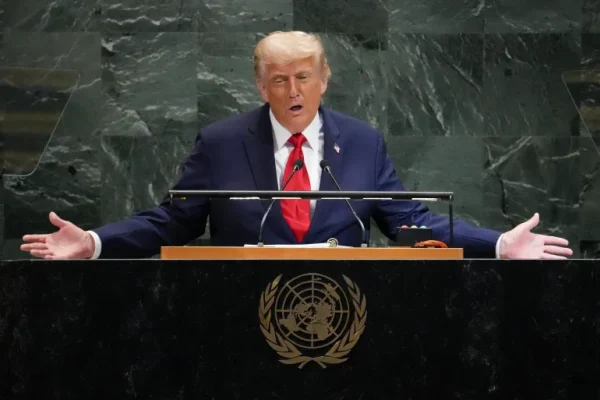
Pakistan-Afghanistan Border Conflict: The Hidden Geo-Political Game Behind Regional Power Shifts
The recent escalation along the Pakistan–Afghanistan border, including Pakistan’s reported capture of 19 outposts and the elimination of over 200 militants, signals a deeper geopolitical transformation in South Asia. As India fuels misinformation campaigns and global alliances shift between Pakistan, China, Turkey, and the Arab world, a complex new power structure is emerging — one that could redefine the entire regional balance.









